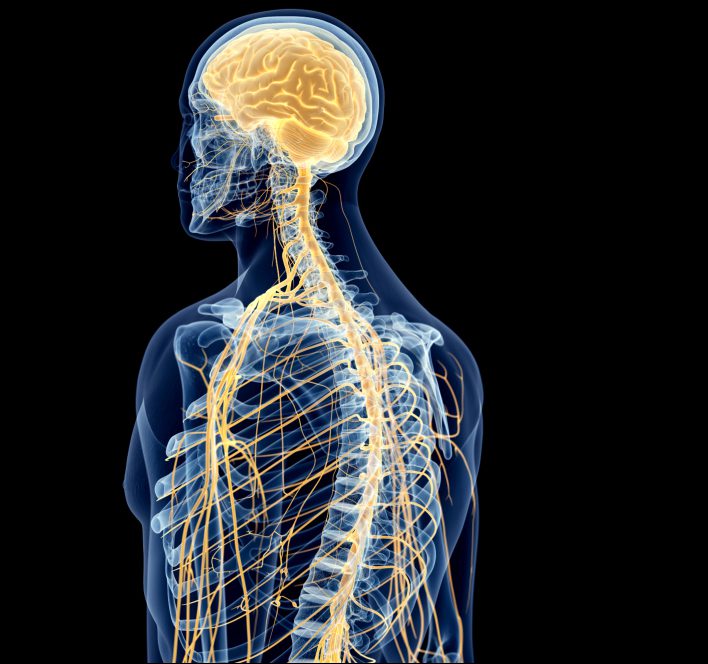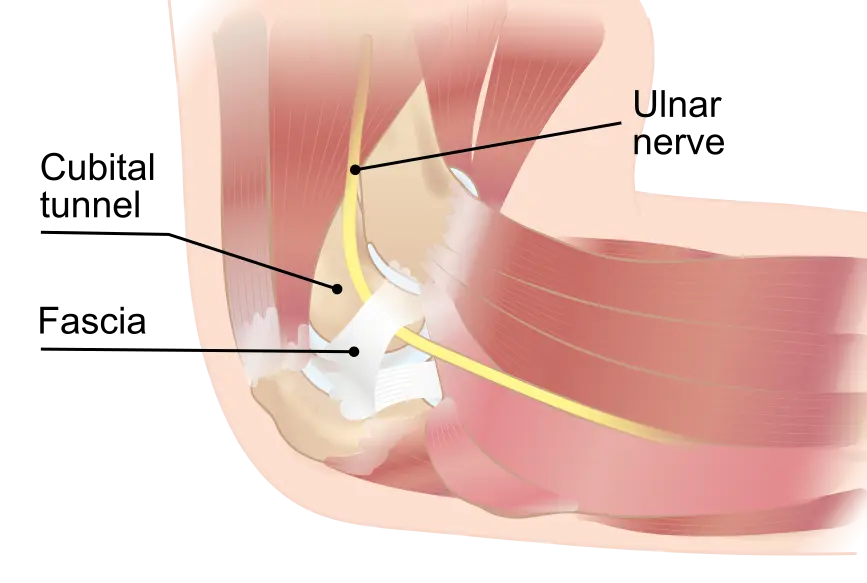The onset of pain in nerve damage can vary depending on the underlying cause, the location of the damage, and individual factors. Nerve damage-related pain can start at different stages:
Early Stages
In some cases, pain may occur relatively early, even when nerve damage is just beginning.
This can be due to inflammation or irritation around the damaged nerves.
Progressive Damage
As nerve damage progresses, pain may become more pronounced and chronic. Nerve fibers might send abnormal signals, leading to sensations like tingling, burning, shooting pain, or electric shocks.
Nerve damage pain is often described as:
- Burning: A persistent burning sensation, as if the affected area is on fire.
- Tingling: A sensation similar to “pins and needles.”
- Stabbing: Sharp, stabbing pains that come and go suddenly.
- Electric Shocks: Sudden jolts of pain, similar to an electric shock.
Nerve damage pain can be challenging to compare directly to other types of pain, as it often involves unusual and specific sensations. However, some people describe it as similar to the pain of a severe sunburn, the feeling of hitting your “funny bone,” or the discomfort after a limb “falls asleep.”
Relieving Nerve Damage Pain
Managing nerve damage pain can involve a combination of approaches, tailored to the individual’s condition and needs:
- Medications: Certain medications, such as pain relievers, anticonvulsants, and antidepressants, can help manage nerve pain.
- Physical Therapy: Exercises and techniques aimed at improving muscle strength, flexibility, and posture can alleviate pain and improve nerve function.
- Nerve Blocks: Injections of medication near the affected nerves can provide temporary pain relief.
- Transcutaneous Electrical Nerve Stimulation (TENS): This therapy uses a device to deliver electrical currents to the skin, which can help disrupt pain signals.
- Lifestyle Changes: Maintaining a healthy lifestyle, managing underlying conditions (like diabetes), and avoiding behaviors that worsen nerve damage (such as smoking) can contribute to pain relief.
- Alternative Therapies: Some people find relief through techniques like acupuncture, yoga, and mindfulness.
It’s crucial to work closely with a healthcare provider to determine the best approach for relieving nerve damage pain. Nerve damage can be complex and requires a tailored treatment plan based on the underlying cause and individual factors.
Are you tired of living with unexplained pain, tingling, or discomfort? Take charge of your well-being with Houston EMG’s specialized expertise in Electromyography (EMG) testing. Our dedicated team of skilled neurologists is committed to unraveling the mysteries of nerve-related issues, offering accurate diagnoses and tailored solutions. Don’t let nerve damage limit your life – schedule your appointment with Houston EMG today and pave the way to a future of improved comfort and vitality!





